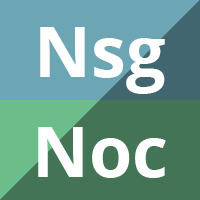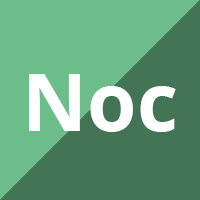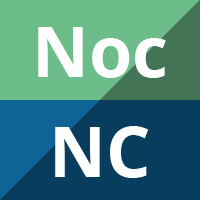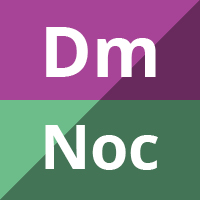
Intraoperative imaging technology to maximise extent of resection for glioma
Abstract Background Extent of resection is considered to be a prognostic factor in neuro-oncology. Intraoperative imaging technologies are designed to help achieve this goal. It is not clear whether any of these sometimes very expensive tools (or their combination) should be recommended as standard care for people with brain tumours. We set out to determine […]

Procarbazine, lomustine and vincristine for recurrent high-grade glioma
Abstract Background Recurrent high-grade glioma (HGG) carries an extremely poor prognosis. There is no current standard of care or guideline-based recommendations. Nitrosourea-based multidrug chemotherapy or PCV — procarbazine, lomustine (CCNU) and vincristine — is one of the treatment options at recurrence. There has been no meta-analysis which looks at the benefits and harms of PCV […]

Radiotherapy for diffuse brainstem glioma in children and young adults
Abstract Background Diffuse brainstem glioma is a devastating disease with very poor prognosis. The most commonly used radiological treatment is conventional fractionated radiation. So far, there is no meta-analysis or systematic review available that assesses the benefits or harms of radiation in people with diffuse brainstem glioma. Objectives To assess the effects of conventional fractionated […]

Interventions for the management of fatigue in adults with a primary brain tumour
Abstract Background Fatigue is a common and disabling symptom in people with a primary brain tumour (PBT). The effectiveness of interventions for treating clinically significant levels of fatigue in this population is unclear. Objectives To assess the effectiveness and safety of pharmacological and non-pharmacological interventions for adults with PBT and high levels of fatigue. Search […]

Chemotherapy for children with medulloblastoma
Abstract Background Post-surgical radiotherapy (RT) in combination with chemotherapy is considered as standard of care for medulloblastoma in children. Chemotherapy has been introduced to improve survival and to reduce RT-induced adverse effects. Reduction of RT-induced adverse effects was achieved by deleting (craniospinal) RT in very young children and by diminishing the dose and field to […]

Interventions for preventing and ameliorating cognitive deficits in adults treated with cranial irradiation
Abstract Background Cognitive deficits are common in people who have received cranial irradiation and have a serious impact on daily functioning and quality of life. The benefit of pharmacological and non-pharmacological treatment of cognitive deficits in this population is unclear. Objectives To assess the effectiveness of interventions for preventing or ameliorating cognitive deficits in adult […]

The role of additional radiotherapy for primary central nervous system lymphoma
Abstract Background Prior to the introduction of the chemotherapeutic agent methotrexate, radiotherapy was the sole, first-line option for the treatment of individuals with primary central nervous system lymphoma (PCNSL), Now that methotrexate is available, the role of radiotherapy in the treatment of PCNSL has been called into question. Although various studies suggest promising results with […]

Adjuvant treatment of anaplastic oligodendrogliomas and oligoastrocytomas
Abstract Background Standard care of adjuvant treatment for anaplastic oligodendrogliomas (AO) and anaplastic oligoastrocytomas (AOA) is not yet well defined. The benefit of adjuvant chemotherapy and radiotherapy (RT), given as single modalities or sequentially, is still unclear. Furthermore, insight into the predictive and prognostic impact of various biomarkers is surging. Objectives To compare postoperative sequential […]

Temozolomide for high grade glioma
Abstract Background High grade glioma (HGG) is an aggressive form of brain cancer. Treatment of HGG usually entails biopsy, or resection if safe, followed by radiotherapy. Temozolomide is a novel oral chemotherapy drug that penetrates into the brain and purportedly has a low incidence of adverse events. Objectives To assess whether temozolomide has any advantage […]

Chemotherapy for high-grade glioma
Abstract Background Trials on the effect of systemic chemotherapy on survival and recurrence in adults with high-grade glioma have had inconclusive results. We undertook a systematic review and meta-analysis to assess the effects of such treatment on survival and recurrence. Objectives To compare radiotherapy plus chemotherapy with radiotherapy alone in completely resected adults with high-grade […]

